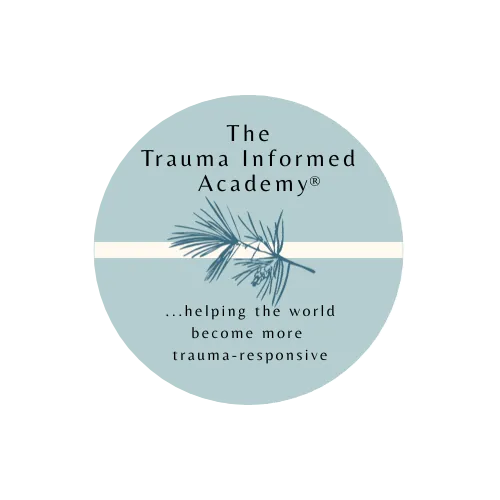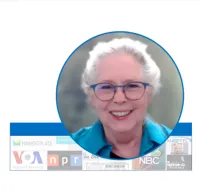

Why is TIC Hard to Implement in facilities? F-699
Last month about this time I delivered a luncheon speech to about 500 members of the NC Health Care Facilities Association, talking about F-699 and the challenges.
In Provider Magazine, x*x says implementing TIC in the healthcare facility is difficult for several reasons. The two big ones are shortages in mental health personnel and increases in the number of older people with problems with their mental, emotional, or behavioral health. As he cites, “65 to 90% of nursing home residents” are impacted by behavioral health issues.
In manufacturing and other facilities with formal maintenance programs (bet you wonder where this is going) the challenge is that the operating technicians waste a lot of time waiting on the electrician, machinist, or mechanic once they have locked out a machine. The person with the higher level of complex skills is busy doing something else. Waiting is all they can do.
When those facilities work with the maintenance engineers and ask them what lower level, less complex tasks an op tech could do, and then work
to actually let them do those, repairs occur much more quickly with lower
costs. I helped the GM Saturn corporation with that program (TPM) a long time ago and the savings were remarkable.
While Trauma Informed Care, a la SAMHSA, engages peer support, they refer mostly to a paid position (which means the peer really isn’t an equal). They mean a paid position that is lower on the org chart than a clinician, who extends the clinician’s time by running groups, sitting with folks, and doing caring tasks. They don’t mean you and I dropping by to check on someone, or sitting in the waiting room with a friend whose partner is in surgery or sitting with an elder and listening to stories, sharing connections, and cherishing the strengths.
We’ll never have enough clinicians. Residents (and staff) will always have histories that show up in your facility.
There must be another way. Next week, I’ll show some of the numbers that create this
impossible situation.



Email our Admin:
©Copyright 2025 EPower & Associates, Inc. All Rights Reserved.
Privacy Policy | Terms of Use
Featured On...


